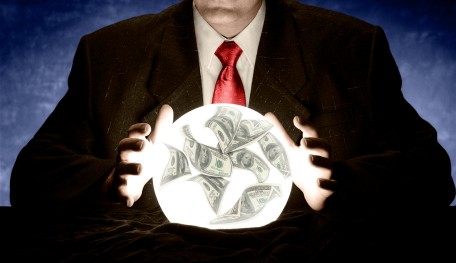
COMPANIES INVEST huge amounts of money into research to try to determine the right price for their new products. Psychologists have determined that the human mind is more likely to be attracted to a product priced at $0.99 rather than $1.00.
But why? It’s just a penny! People just walk past them on the street everyday because they’d rather not stop walking to pick it up!
The reason is because it’s not the money that is enticing--it’s the concept of a lower cost. The concept, called “category pricing,” has shown in psychological testing that products actually sell better and faster this way, even though it’s just a penny.
Subconsciously, $0.99 is better than $1.00 because we all know it’s just one cent, but in the mind of the buyer, they say to themselves, "Ok, this product costs $1.00, that's not a bad price; but this other one is $0.99--I’ll buy that one instead.” It’s a marketing tactic because to the human eye at a quick glance something could be $0.99 and your eyes focus on the lack of digits before the period, so in your mind, you say that it’s “about $1.00.” Whereas, if it was $1.00, you may be reluctant to pay that amount because $1.00 seems much higher at a quick glance than the $0.99 and you feel like you’re paying a lot more, even though, technically, there is only a penny difference.
Another example: People (myself included) subconsciously feel good about driving across town to go to the cheaper gas station in order to save 8 cents per gallon. Even though we all know that we’ll probably spend that much or more in gas to get there, a lot of us will still do it.
Real estate agents love to play off of the brilliance of category pricing. They’ll persuade their clients to sell their house for $199,000 rather than $200,000. In the eyes of a potential buyer scanning through the local real estate magazine, the $199,000 property will jump out on a page full of otherwise-superior $200,000 priced properties.
A final thought on the brilliance of $0.99: If the price of Product A is $0.99 and the price of Product B is $1.00, even if Product B is of slightly superior quality, studies have shown that more people will purchase Product A simply because it is the cheapest option. There are actually people out there who, while keeping savings at the front of their minds, would rather purchase a $0.99 product once a week, than purchase a $1.00 product once a month. The conclusion: When pricing your products in a competitive market, always remember the concept of category pricing and to round down to the nearest $0.99.























